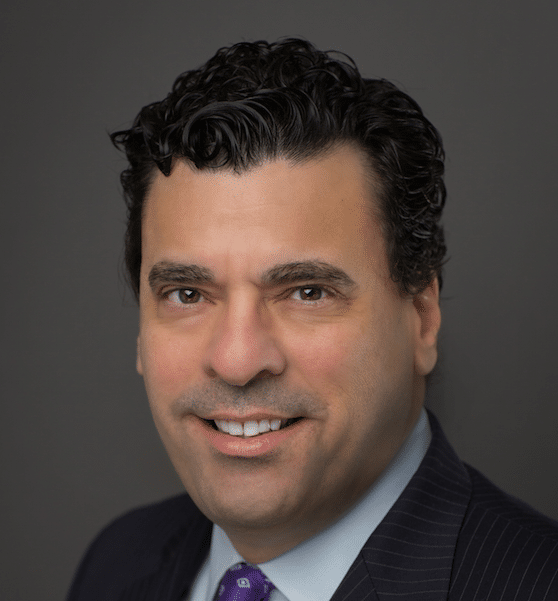Mario Rodriguez: What I Learned From Leading An Airport Through Hurricane Katrina

Mario Rodriguez shares how leading the Louis Armstrong New Orleans International Airport through Hurricane Katrina prepared him to confront a global pandemic as the executive director of Indianapolis International Airport.
You’re no stranger to crisis. What was it like leading the New Orleans airport during one of the deadliest hurricanes in U.S. history?
For three days during Hurricane Katrina, the New Orleans airport was the busiest in the world. It served as a dry spot for emergency operations to rescue residents from all over the region and transport much-needed supplies.
Which crisis was more challenging to respond to, Hurricane Katrina or COVID-19?
Hurricane Katrina was “easier” to manage because it had a beginning and an end. An isolated natural disaster occurred, and then the recovery effort immediately started. But with COVID-19, we’re still potentially building up to that crescendo. The coronavirus is a slow-moving disaster that’s impacting the globe, and each industry and person in it. For the world, there will be a before and after COVID-19.
How were the demands on you as a leader different during each crisis?
During Katrina, my leadership was tested on the airfield as I helped to direct planes that were coming and going with supplies for the community. With the coronavirus crisis, it’s been more of an intellectual exercise as we sit down with data, plan economic models, and chart the recovery for the aviation industry. We’re planning for an unknown future for air travel.
What did you learn from Hurricane Katrina that prepared you to confront a global pandemic?
The most valuable asset any organization has is its people. During Hurricane Katrina, we took care of everyone else, but we forgot to take care of ourselves. Lesson learned: My people, and the employees of the Indianapolis Airport Authority, have been a top priority throughout COVID-19.
What advice would you give other local leaders?
We need to be empathetic and realize that employees who are continuing to work may also be helping people in their family or friend circles. We need to provide whatever assistance we can through increased communications and access to community resources.
What does the future of air travel look like?
There’s a need for increased social responsibility in the workplace and with travel habits. Don’t come to work when you’re sick. Don’t fly when you’re sick. Hopefully, COVID-19 will make people more aware of how we treat others, and our responsibility to not only protect ourselves, but also to protect those around us.
Anything else you’d like to add?
Ever since moving to Indiana in 2015, I’ve praised the community’s Hoosier Hospitality spirit. Together, we’ll get through this.





